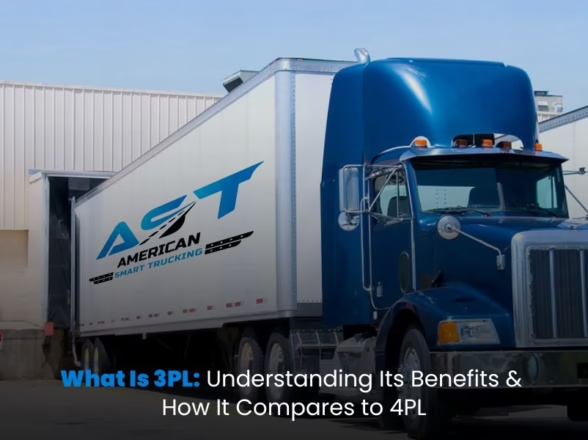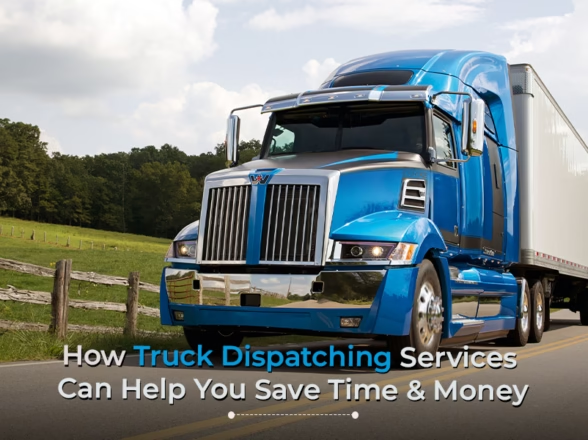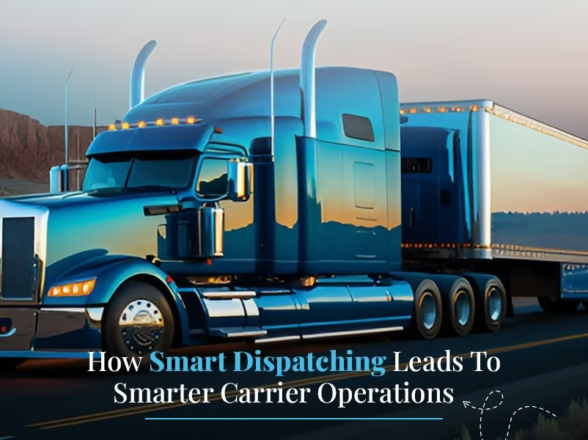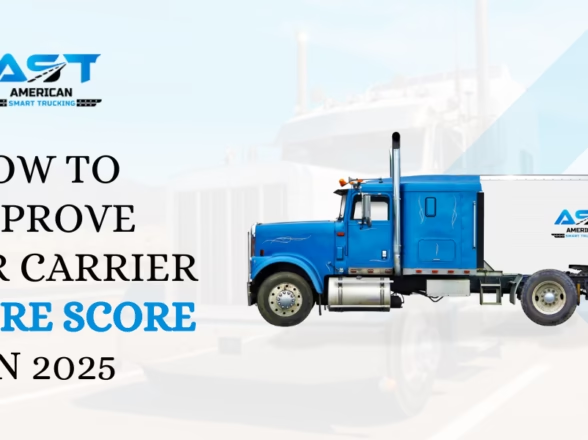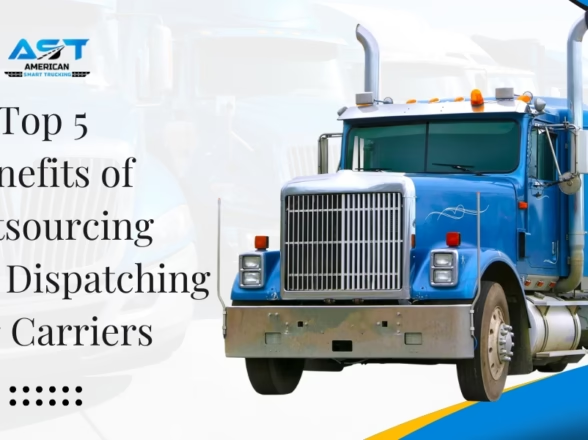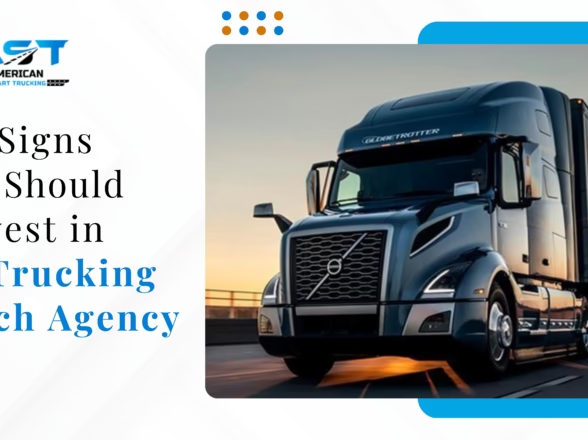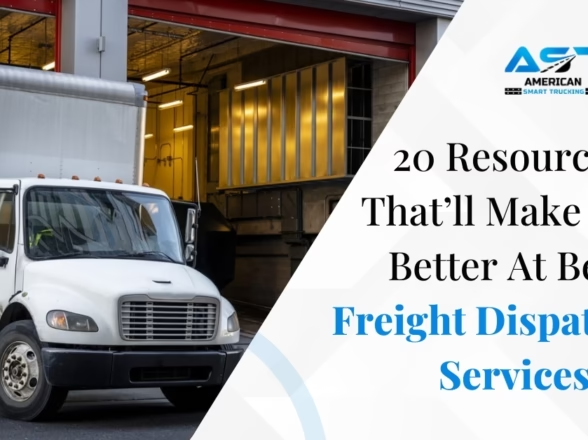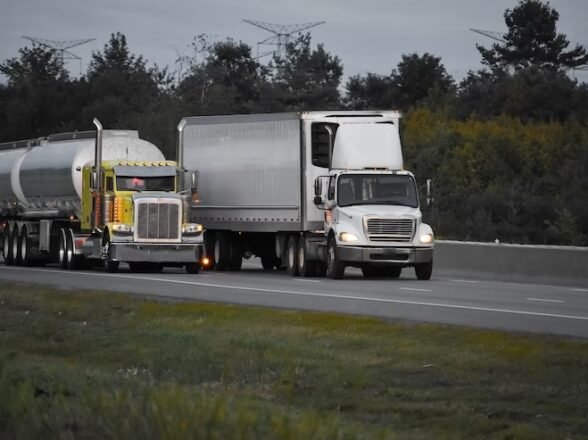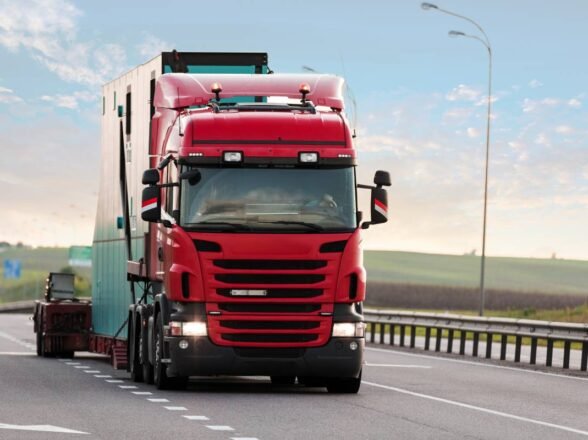Truck Dispatching In 2025: Trends and Insights you need to know
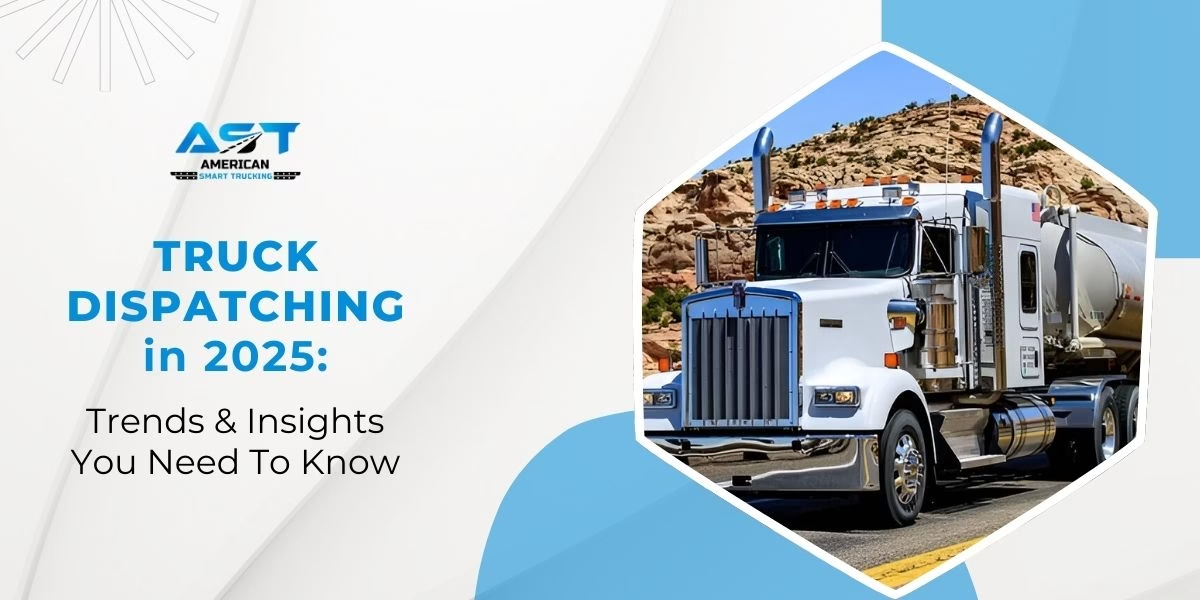
Truck dispatching plays a critical role in the logistics industry. It ensures that the goods are delivered efficiently, safely, and on time. However, as we step into 2025, the truck-dispatching landscape is changing rapidly.
New technologies and tools, such as artificial intelligence, big data analytics, and improved connectivity, can make dispatching smarter and more efficient. At the same time, there’s a growing focus on eco-friendly practices, like using electric trucks and optimizing routes to reduce emissions, and updated regulations to improve safety and compliance.
Understanding these new trends and adopting innovative solutions can greatly improve operations and reduce costs. In this article, we’ll explore the key trends and insights that will shape truck dispatching in 2025.
AI and Automation in Dispatching
AI and automation are making truck dispatching easier and more efficient. AI can analyse data quickly to find the best routes, predict traffic delays, and assign jobs to the right trucks. Automation helps with routine tasks like scheduling and tracking so that dispatchers have more time to focus on solving bigger problems.
These tools also help reduce mistakes and improve communication between dispatchers and drivers. By using AI and automation, businesses can save time, lower costs, and ensure goods are delivered smoothly and on time.
The Role of 5G Connectivity
5G connectivity is making truck dispatching faster and more reliable. 5G allows truck dispatchers to stay connected with drivers in real-time, which helps improve tracking, communication, and data sharing between drivers and dispatchers. This reduces delays and ensures that important information is updated quickly.
Dispatchers can monitor trucks more accurately, optimize routes, and improve overall efficiency. 5G also supports technologies like AI and automation which makes dispatching smoother and more effective.
Electric and Autonomous Trucks
The process of transportation of goods has transformed dramatically with the help of electric and autonomous trucks. These trucks run on batteries instead of traditional diesel, which helps reduce emissions and make operations more eco-friendly. They are noise-friendly, require less maintenance, and can save on fuel costs.
On the other hand, autonomous trucks use advanced technology like sensors and AI to drive trucks automatically without a human driver. This improves safety, reduces labour costs, and helps optimize routes for efficiency.
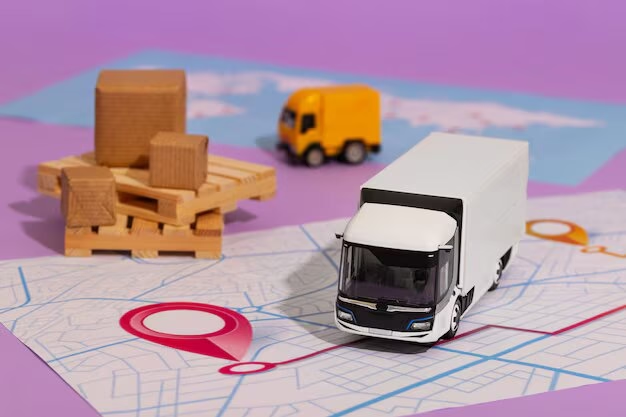
ELD Mandates and Compliance
Electronic Logging Devices mandates are used by truck drivers to track their driving hours digitally. These devices help ensure drivers don’t work longer than legal limits, reducing fatigue and improving safety.
Compliance with ELD mandates is important because it helps avoid fines and ensures trucks are operating safely and efficiently. They can keep accurate records of driving hours and dispatchers can better manage driver schedules which will lead them to smoother and safer dispatch operations.
Workforce Adaptation and Training
The truck dispatching industry is changing, and the workers need to learn new skills. Training helps dispatchers, drivers, and staff use new tools like AI and automation.
Training is important because it helps workers handle these new technologies and improve their work. It also helps dispatchers and drivers communicate better, making operations smoother. By getting the right training, the workforce can keep up with industry changes and work more efficiently.
Emerging Business Models in Dispatching
Emerging businesses like on-demand dispatching and digital freight marketplaces have been game changers in the world of truck dispatching.
In On-demand dispatching, companies use apps to quickly connect with drivers and find loads. Whereas, digital freight marketplaces connect shippers and carriers directly. This helps reduce middlemen and makes the process faster and more cost-effective. These new models are flexible, and efficient, and use technology to improve dispatching.
Leveraging Truck Dispatching Trends Can Drive Your Business Success in 2025
In 2025, truck dispatching will continue to evolve with advancements in AI, automation, 5G connectivity, and sustainable practices. Businesses that adopt these trends, such as electric and autonomous trucks, ELD compliance, and emerging business models will gain a competitive edge, improve efficiency, reduce costs, and ensure safer operations. Embracing these technologies and practices allows businesses to drive better outcomes and ensure long-term success in truck dispatching.
Related posts
Top Mistakes to Avoid as a Truck Dispatcher
The Benefits of Truck Dispatch Services
Recent Posts
Subscribe
Calendar
| M | T | W | T | F | S | S |
|---|---|---|---|---|---|---|
| 1 | ||||||
| 2 | 3 | 4 | 5 | 6 | 7 | 8 |
| 9 | 10 | 11 | 12 | 13 | 14 | 15 |
| 16 | 17 | 18 | 19 | 20 | 21 | 22 |
| 23 | 24 | 25 | 26 | 27 | 28 | 29 |
| 30 | 31 | |||||



